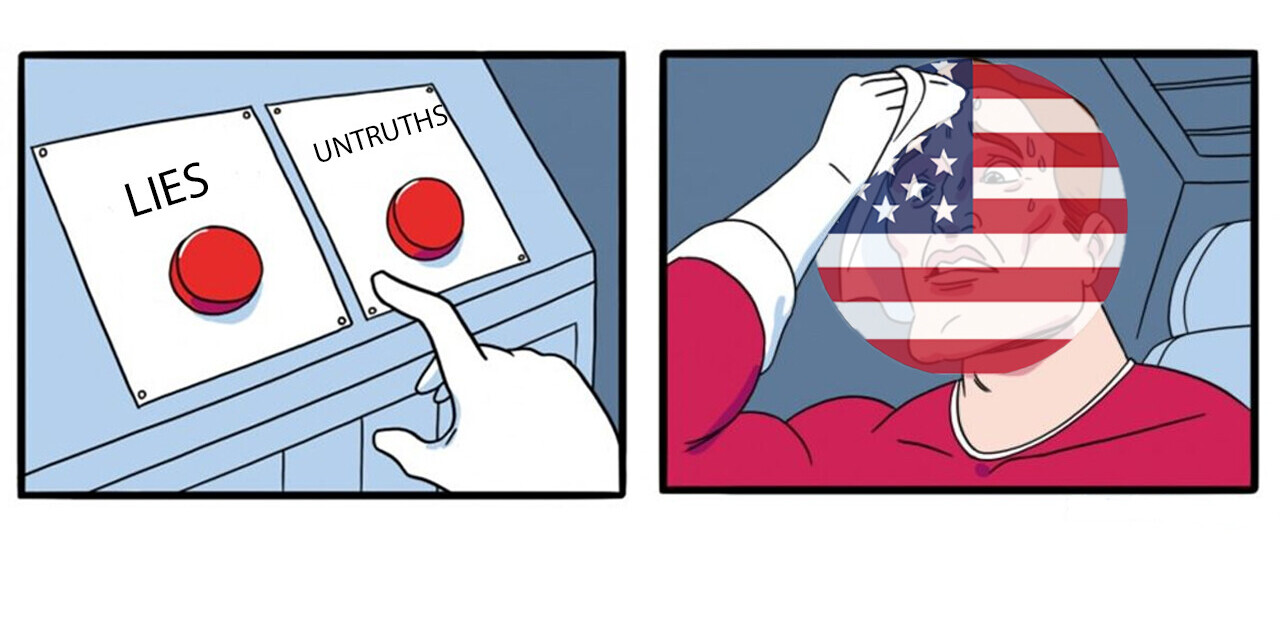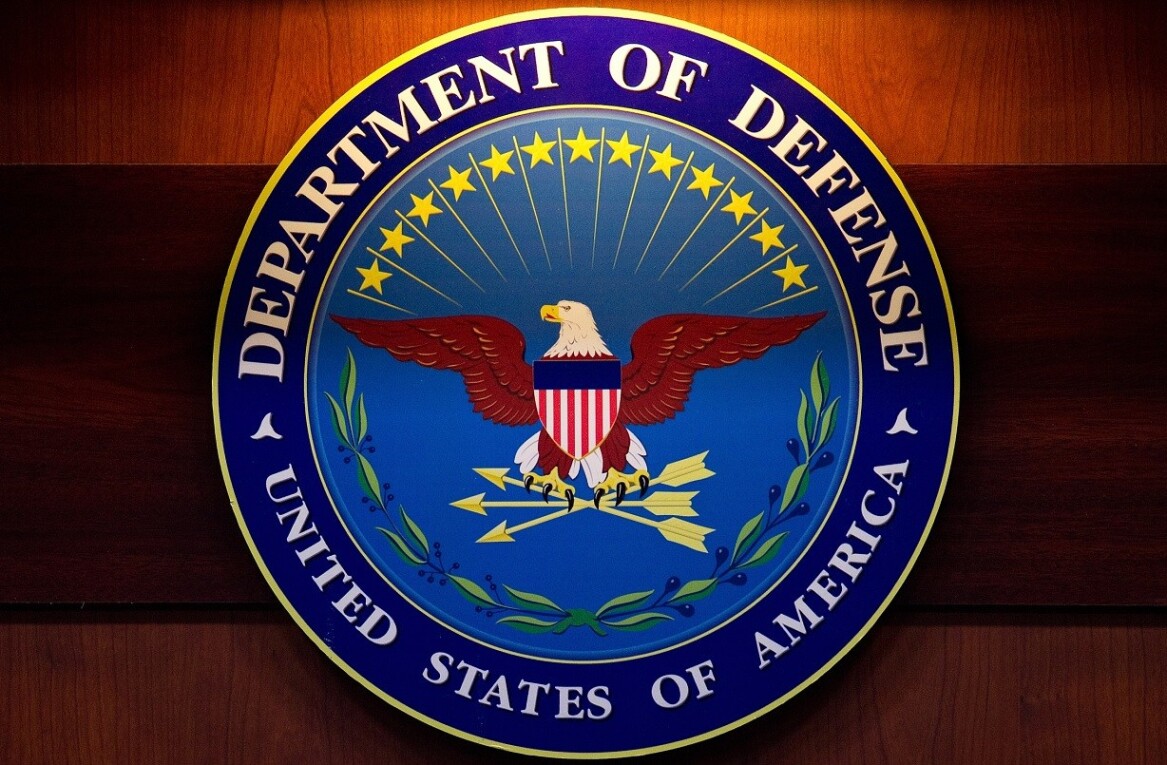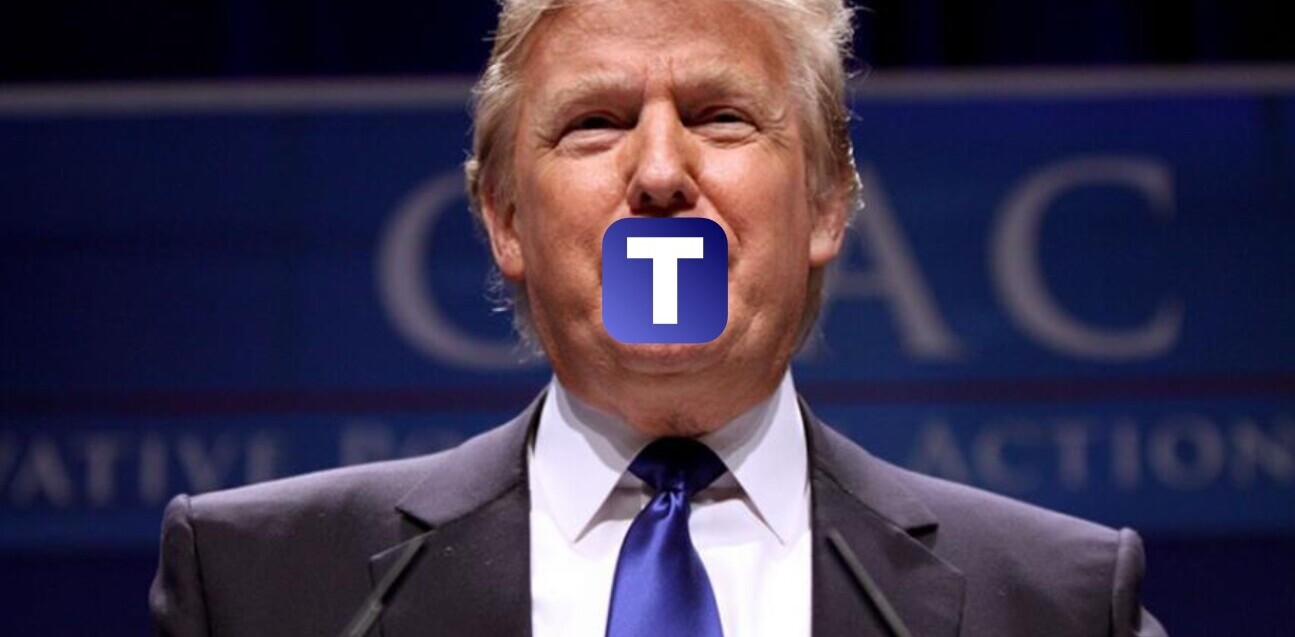
The US Federal Trade Commission (FTC) on Thursday announced a massive crackdown against scam artists responsible for sending 180 million spam text messages to random phone numbers. These affiliate marketers allegedly bombarded mobile users with links to deceptive websites falsely promising “free” gift cards and soliciting their personal data.
The FTC has filed eight different complaints in courts around the US, charging 29 defendants. The commission says this wasn’t just an inconvenience: many victims of the spam texts had to pay to receive them (about 12 percent of mobile phone users don’t have a text message subscription plan, according to the FTC).
The messages in question promised recipients free prizes, including gift cards worth $1,000 to major retailers such as Best Buy, Walmart, and Target. Consumers who clicked on the links in the messages found themselves “caught in a confusing and elaborate process” that asked them for a substantial amount of sensitive data (including in some instances health information), apply for credit, or pay to subscribe to services in order to get the supposedly “free” cards.
In many cases, the information was requested under the guise of being required as part of shipping information so that the supposed gift cards could be sent to the correct individual. The FTC alleges the information collected was then sold to third parties for marketing purposes. Even after entering their personal information, consumers were directed to another site and told they would have to participate in up to 13 “offers” to be eligible for their gift card.
These offers included recurring subscriptions for which consumers were required to provide credit card information or submit applications for credit that would be reflected in their credit reports (and possibly affect their credit score). If a consumer completed all the “offers,” they were then told to find three others who would complete the offers as well, all just to get a gift card.
Those who sent the text messages were paid by the operators of the “free” gift sites based on how many consumers eventually entered their information and the operators of the sites were in turn paid by those businesses who gained customers or subscribers through the “offer” process. It was quite a money-making scam.
In short, this is the same type of scam that has been circulating in email for years, and which has become more successful on social networks and other Internet services as of late. Text messages can be used in the same way: they’re personal enough to warrant attention (there’s no such thing as a spam text message folder) and with smartphones, it’s easy to redirect receivers to a website via their mobile browser.
The FTC is seeking restraining orders against the defendants preventing them from continuing their “alleged deceptive and unfair practices as well as preserving and accounting for their assets.” The FTC argues the operators violated the FTC Act by failing to tell consumers about all the conditions attached to the “free” gift, including the possibility that consumers “would actually be required to spend money to receive the gift.”
“Today’s announcement says ‘game over’ to the major league scam artists behind millions of spam texts,” Charles A. Harwood, Acting Director of the FTC’s Bureau of Consumer Protection, said in a statement. “The FTC is committed to rooting out this deception and stopping it. For consumers who find spam texts on their phones, delete them, immediately. The offers are, in a word, garbage.”
We wouldn’t call this “game over.” The FTC’s move won’t stop spam text messages from ever being sent again. At the very least, it will bring some of the perpetrators behind them to justice.
See also – Path fined $800,000 by the FTC over underage signups, settles unauthorised iOS contact data collection and HTC settles with FTC on charges it failed to secure logging data, exploitable flaws on millions of devices
Image credit: linusb4
Get the TNW newsletter
Get the most important tech news in your inbox each week.




